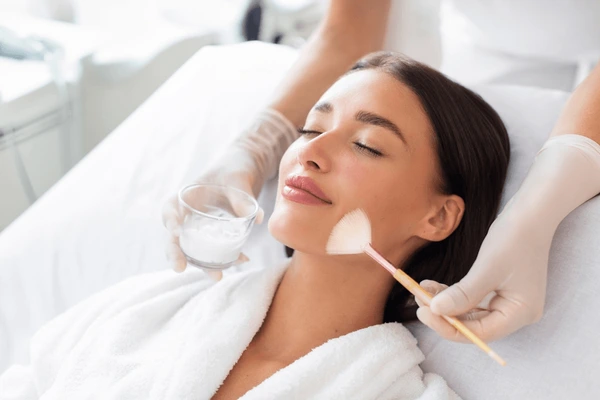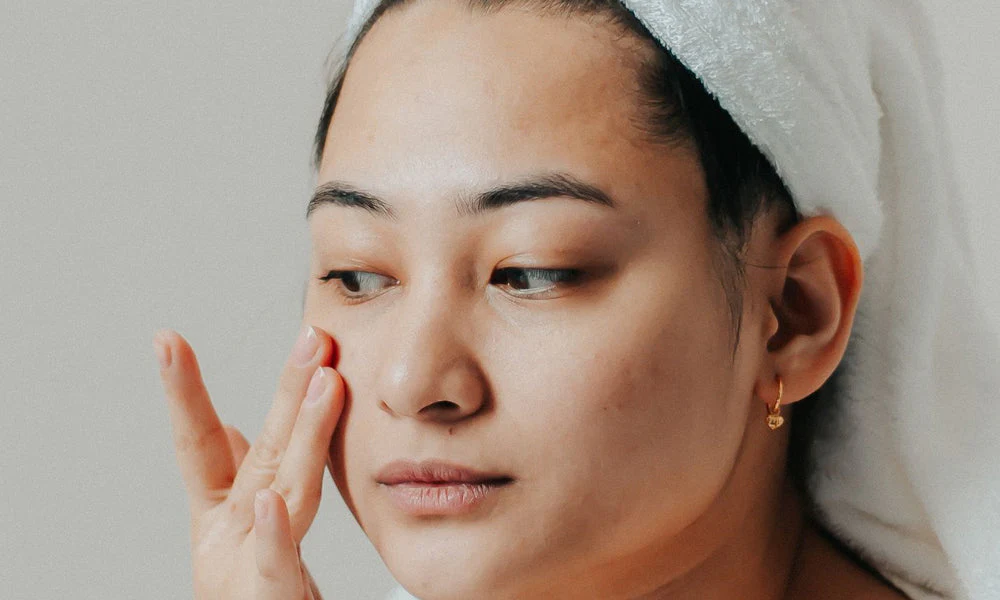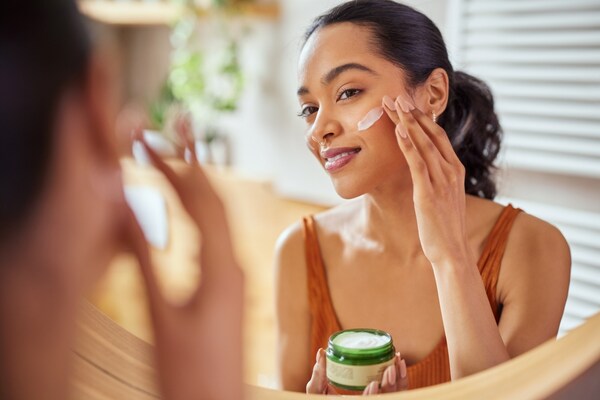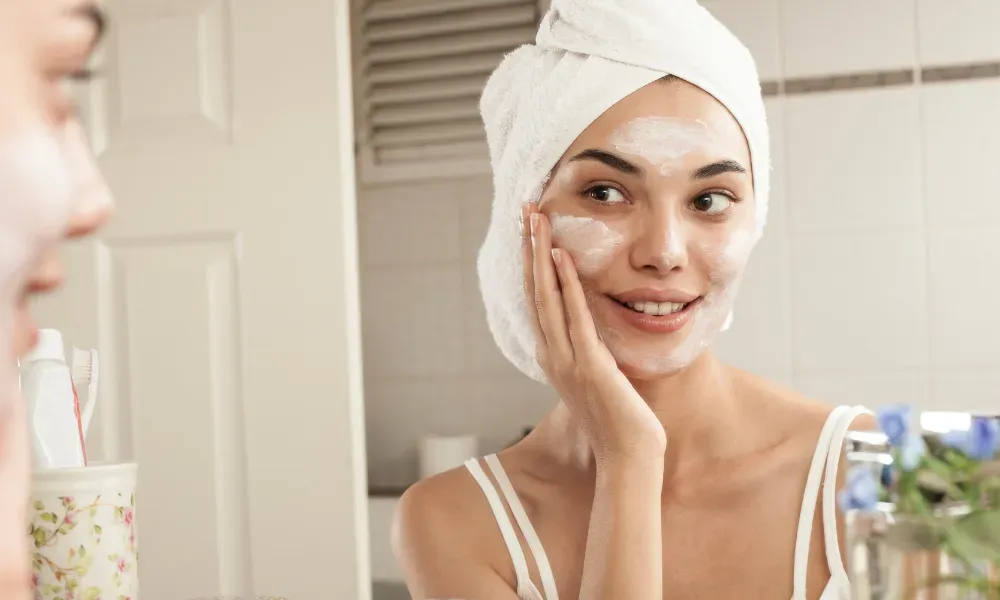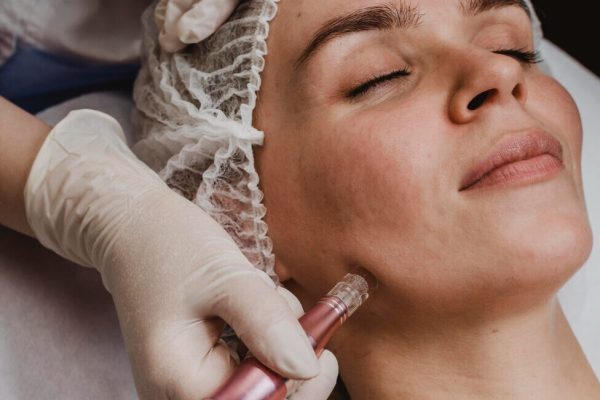Skin problems can be easy to dismiss, but ignoring them might lead to bigger issues. In Fayetteville, it’s crucial to pay attention to itchy skin, rashes, or dry patches, as these can be signs of underlying conditions.
Early detection is key to preventing small problems from becoming serious. Consulting a skin specialist can provide peace of mind and proper care, ensuring your skin stays healthy and addressing potential issues before they escalate.
Early Skin Signs: What to Watch For
At first, skin disorders often start with mild symptoms:
- Itching that doesn’t stop: Persistent itch could mean eczema, allergic reactions, or even psoriasis.
- Dry or flaky skin: While Fayetteville’s weather may affect your skin, excessive dryness may signal underlying conditions like dermatitis.
- Red patches or bumps: These might look harmless, but if they last for days or spread, it’s time to pay attention.
Ignoring these minor signs may seem easy, but they can worsen quickly if left unchecked.
When It Gets Worse: Alarming Signs
If you notice changes such as:
- Skin swelling or pain: This can mean infection or inflammation.
- Oozing or bleeding sores: Sores that don’t heal are not normal.
- Discoloration: Yellow, purple, or darkened skin could signal serious diseases.
- Spreading rash: When a rash grows rapidly, especially with fever or joint pain, it may need urgent care.
In Fayetteville, ignoring these symptoms can lead to bigger health issues. Skin problems are sometimes linked to diabetes, autoimmune disorders, or infections.
Skin Disorders in Fayetteville
Several factors in Fayetteville affect skin health:
- Humidity and weather: Moisture and climate changes trigger eczema or fungal infections.
- Local allergens: Pollen and air pollutants found in Fayetteville can cause outbreaks.
- Access to care: While there are many local doctors, some people wait too long to seek help. It’s best to contact a Fayetteville dermatologist or clinic early.
Why Early Action Matters
Your skin is your body’s shield. Problems may look minor, but ignoring them can:
- Increase risk of infection.
- Cause scarring or permanent changes.
- Signal deeper health problems.
Simple changes like using mild soap, wearing sunscreen, and keeping skin hydrated help. However, if symptoms persist longer than a week, see a medical professional in Fayetteville. They can help identify the cause and suggest treatment options.
When to Call a Fayetteville Specialist
Make an appointment if you notice:
- Itching that lasts more than a week.
- New bumps or growths.
- Skin color changes.
- Pain, swelling, or sores that do not heal.
Local specialists in Fayetteville are experienced with common skin disorders seen in the area. It’s better to ask and find out early than wait for more severe symptoms.
Final Words
Don’t underestimate skin changes, from mild itchiness to unusual rashes. Prompt attention in Fayetteville can prevent complications and ensure healthy skin. Ignoring signs can escalate simple issues into serious disorders. Consult a Fayetteville skin specialist for peace of mind and proper care. Early intervention saves time and protects your skin’s health. Schedule a consultation if you’re unsure about any skin concerns or symptoms.

